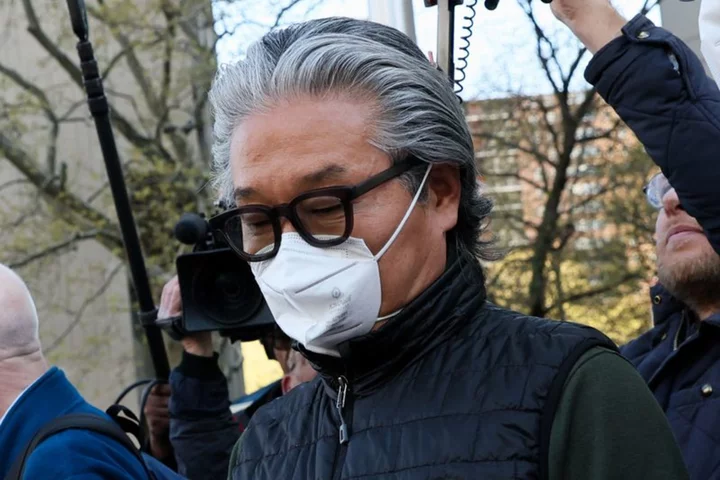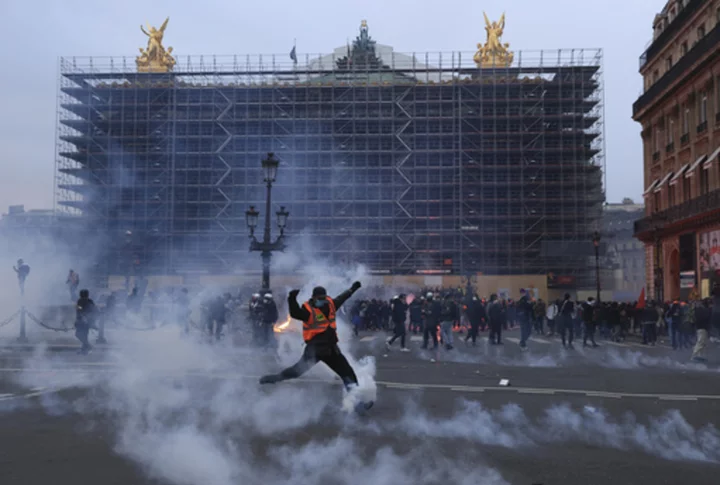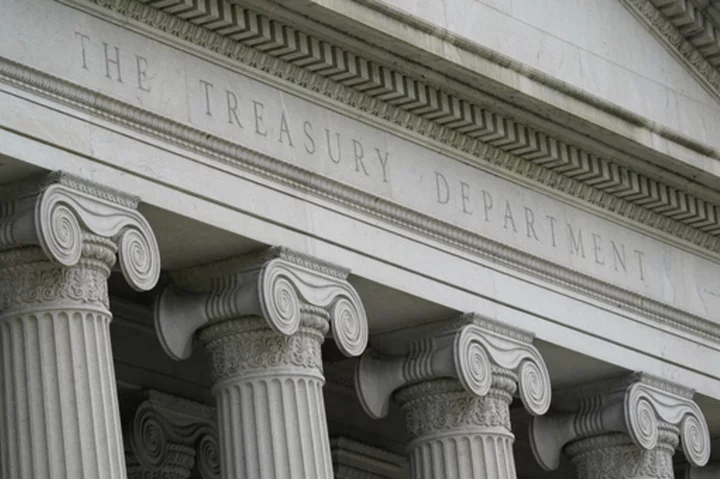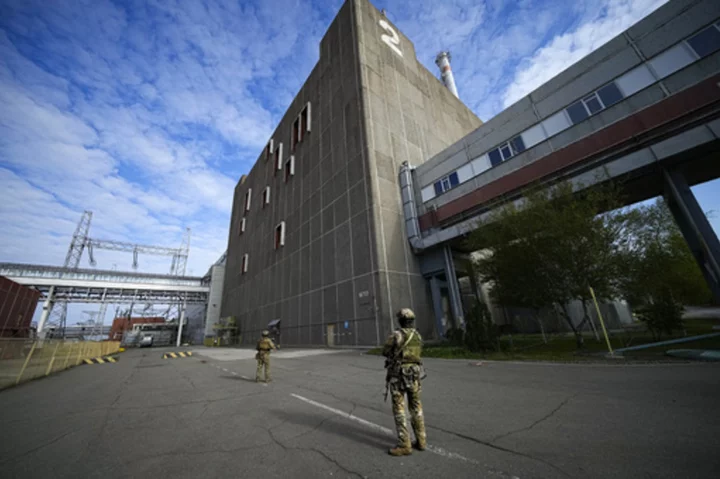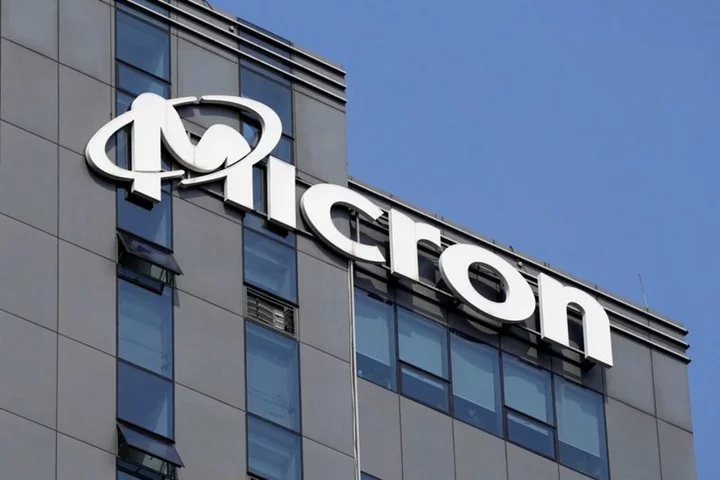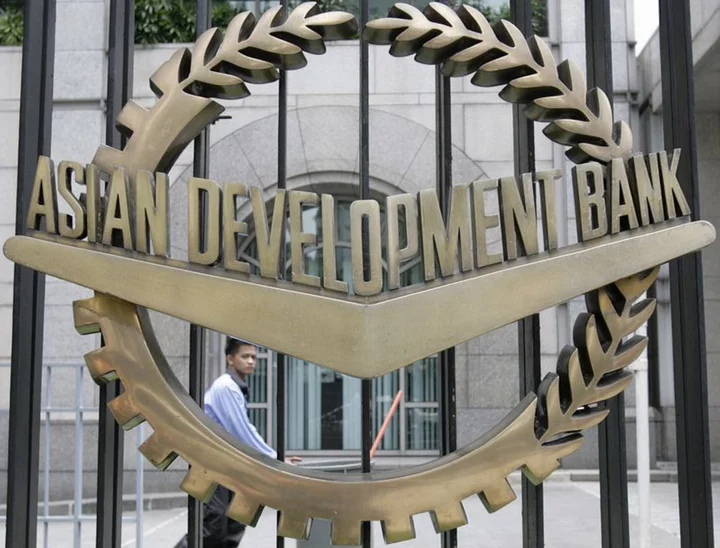By Jonathan Stempel
NEW YORK A federal judge on Tuesday rejected Bill Hwang's bid to dismiss a U.S. Securities and Exchange Commission lawsuit accusing him of fraud that led to the March 2021 collapse of his $36 billion firm Archegos Capital Management.
U.S. District Judge Paul Oetken in Manhattan said the SEC plausibly alleged that Hwang and Archegos, which is also a defendant, intentionally concealed the risks they were taking in their bid to illegally manipulate markets and artificially inflate the value of their largest stock holdings.
Oetken also dismissed some fraud-based claims against Archegos' former chief financial officer Patrick Halligan, while letting the SEC pursue claims that Halligan aided and abetted fraud by former Archegos risk management chief Scott Becker.
The judge also granted a Department of Justice request to put the SEC civil case on hold while it pursues related criminal charges against Hwang and Halligan.
Becker and William Tomita, who was Archegos' head trader, have pleaded guilty in the criminal case. Hwang's and Halligan's trial is scheduled for Feb. 20, 2024.
Lawyers for Hwang and Archegos did not immediately respond to requests for comment. A lawyer for Halligan had no immediate comment.
Archegos' March 2021 collapse stemmed from Hwang's use of total return swaps, a type of financial contract, to achieve what the SEC called "dominant" positions in his top 10 holdings, including ViacomCBS and Discovery.
Authorities said Hwang borrowed aggressively to gain additional trading capacity, and eventually had $160 billion of exposure to stocks.
But when prices began falling, Hwang was unable to meet margin calls, leading banks to dump stocks backing his swaps.
This caused big losses for Archegos and for banks such as Credit Suisse, now part of UBS, and Nomura Holdings.
Hwang was arrested in April 2022, and U.S. District Judge Alvin Hellerstein in Manhattan refused in March to dismiss his 11-count criminal indictment.
In seeking a dismissal, Hwang argued that his trading had been lawful, and prosecutors essentially entrapped him by inducing him to cooperate long after deciding quietly that he was their target.
The case is SEC v. Hwang et al, U.S. District Court, Southern District of New York, No. 22-03402.
(Reporting by Jonathan Stempel in New York, Editing by Nick Zieminski)

